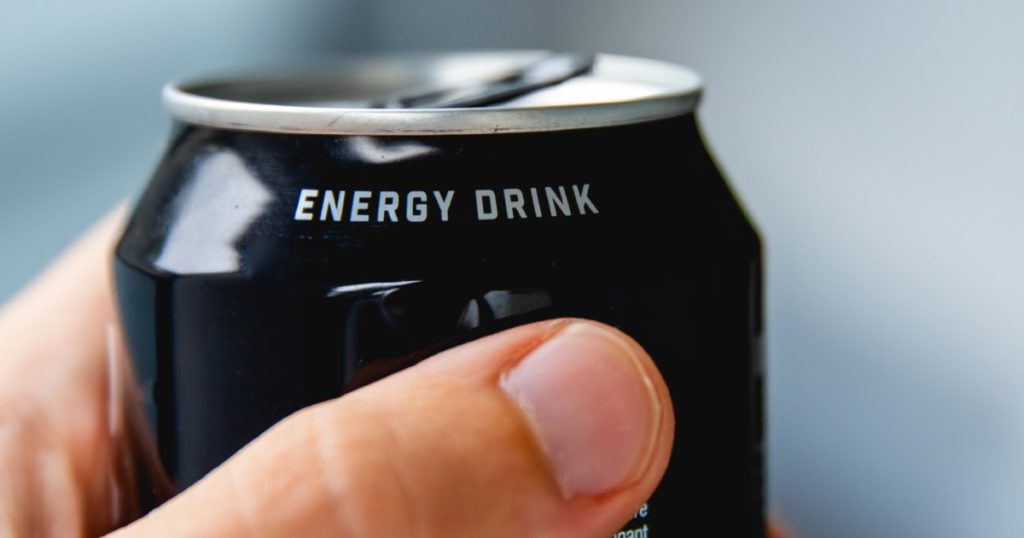Experts warn of the potential health risks associated with energy drinks, from rising diabetes rates in the U.S. to emergency room visits due to their consumption, highlighting the dangers of mixing energy drinks with alcohol. Dr. Frank Hu, a professor at Harvard Medicine School of Public Health, explains that high caffeine content in energy drinks can disrupt sleep, contribute to insomnia, and exacerbate mental health issues. While the U.S. FDA recommends up to 400 milligrams of caffeine a day, a single energy drink can contain at least 400 to 500 milligrams. Additionally, the combination of caffeine and other stimulants found in some energy drinks can lead to health risks, such as cardiac events.
Another significant issue with energy drinks is their high sugar content. Excessive sugar intake can lead to overweight, obesity, Type 2 diabetes, heart problems, and high blood pressure. Some sugar-free energy drinks also contain artificial sweeteners that are not recommended for heart health due to their association with increased blood-clotting risk. While some individuals may find energy drinks to be a convenient way to boost energy levels, experts caution against the potential long-term health consequences associated with their consumption.
For individuals looking for healthier alternatives to energy drinks, experts recommend examining ingredient labels to ensure that caffeine and sugar levels do not exceed the recommended daily intake. Common ingredients found in energy drinks include caffeine, sugar, added vitamins, and amino acids. Katherine Zeratsky, a registered dietitian at Mayo Clinic, advises consumers to avoid energy drinks with unfamiliar additives and opt for those with simpler ingredient lists. She suggests sticking with natural caffeine sources like coffee, tea, and foods rich in energy-boosting nutrients like oats, spinach, nuts, and whole grains.
To minimize health risks associated with energy drink consumption, experts recommend a holistic approach that includes examining overall lifestyle factors that may contribute to feelings of fatigue or the need for an energy boost. Julia Zumpano, a registered dietitian at the Cleveland Clinic, encourages individuals to address underlying issues such as lack of quality sleep, dehydration, stress, and blood sugar management instead of relying on energy drinks as a Band-Aid solution. By incorporating nutritious foods, regular exercise, and adequate sleep into their daily routine, individuals can improve their energy levels in a sustainable manner, without the potential risks associated with energy drinks.
In conclusion, experts caution against the potential health risks associated with energy drinks due to their high caffeine and sugar content, as well as the combination of stimulants that can lead to adverse health effects. By opting for healthier alternatives such as natural sources of caffeine and energy-boosting foods, individuals can maintain their energy levels without exposing themselves to unnecessary risks. Taking a holistic approach to wellness and addressing underlying lifestyle factors can help individuals reduce their reliance on energy drinks while improving their overall health and well-being in the long term.













